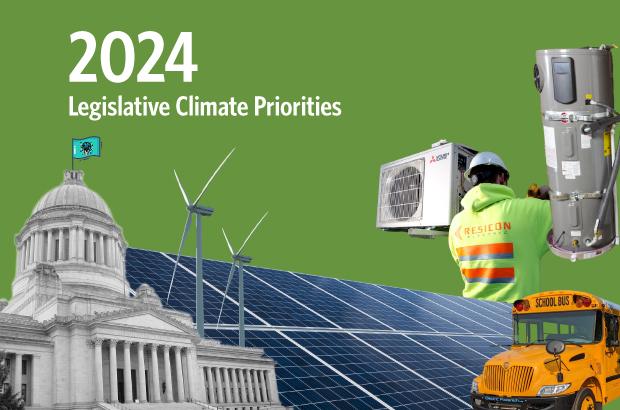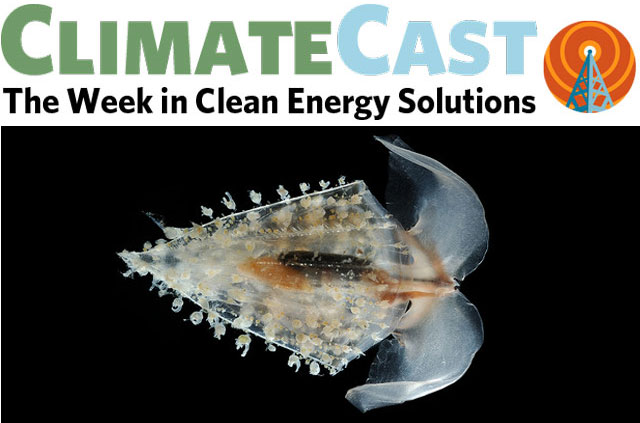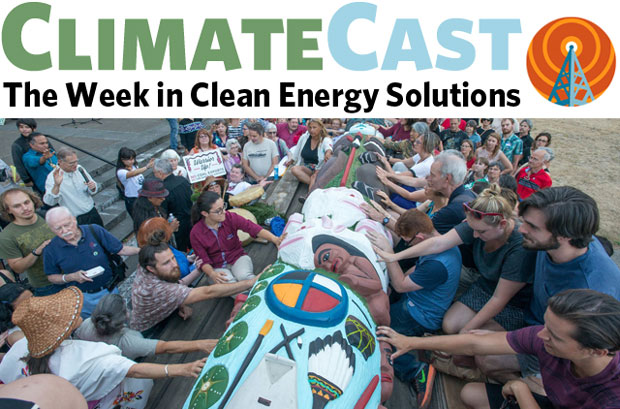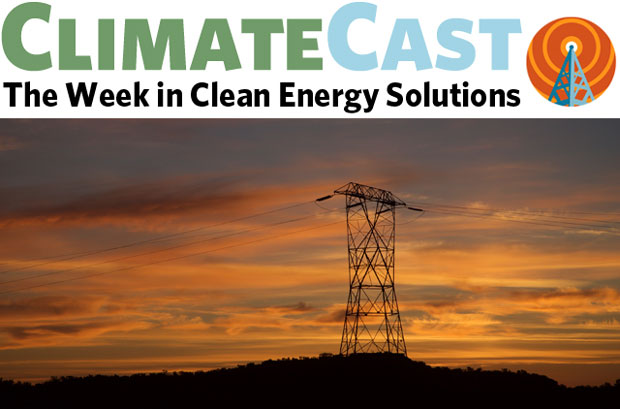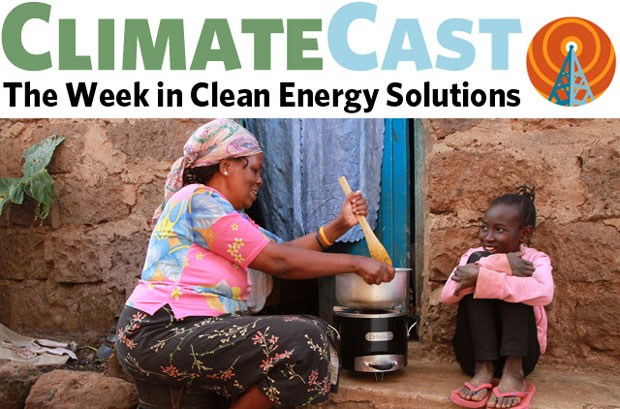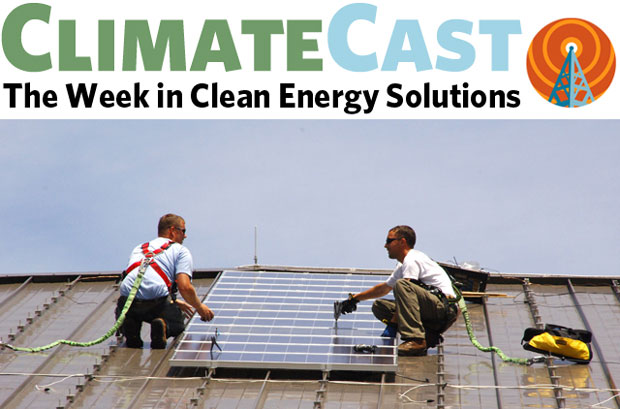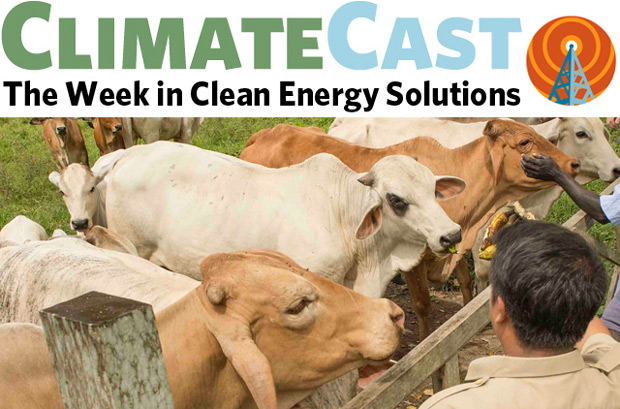Washington unveils rules to reduce global warming pollution
"We appreciate Governor Inslee’s ongoing commitment to putting Washington on a path to a clean energy transition," said Climate Solutions' Vlad Gutman-Britten. "The Clean Air Rule is only the first step to creating a robust policy that drives pollution reduction and invests in creating tens of thousands of jobs in a new, sustainable economy."
